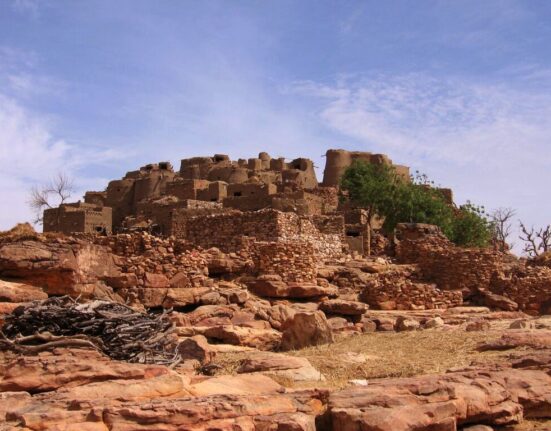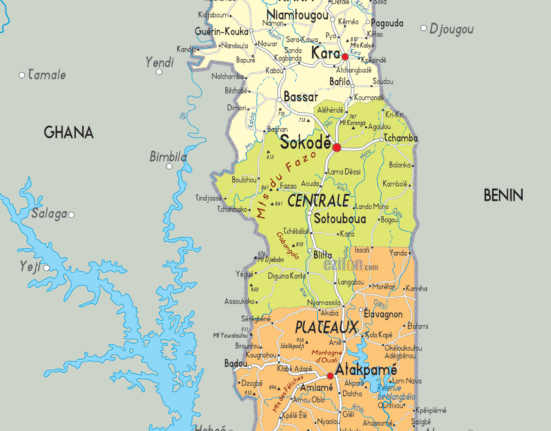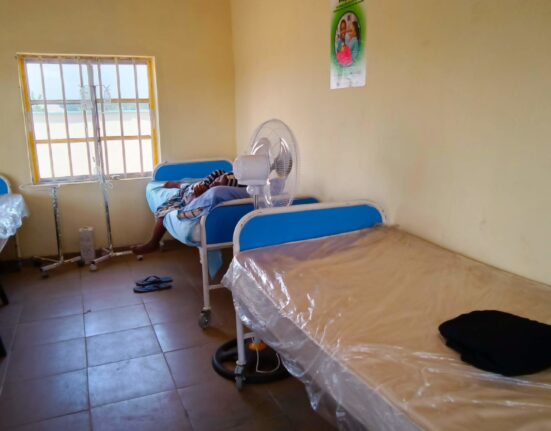The bustling city of Cotonou in Benin recently played host to the fifth edition of the Cyber Africa Forum, a platform dedicated to discussing digital resilience on the African continent. Franck Kié, the forum’s general commissioner, set the tone by emphasizing the critical need for resilience in African digital ecosystems. He highlighted the importance of anticipating and preparing for current and future challenges facing Africa.
“This theme is concrete and means the need to anticipate, plan for, and prepare for the current and future shocks that Africa is facing,”
remarked Franck Kié during his opening speech at the event.
One standout participant at the forum was Benin itself. The country has made significant strides in bolstering its cybersecurity infrastructure over recent years. From jumping 93 spots in the Global Cybersecurity Index to now ranking sixth in Africa, Benin’s commitment to enhancing its digital defenses is evident. Ouanilo Médégan Fagla, Director General of the National Center for Digital Investigations, explained that Benin has been actively strengthening its information systems’ resilience through rigorous national strategies.
“Resilience also involves a rapid and effective response to incidents,”
emphasized Fagla.
“We have established robust legal frameworks focusing on securing state information systems and protecting critical infrastructures.”
Furthermore, Benin’s investment in talent through initiatives like Hacker Lab underscores its dedication to building a skilled workforce capable of supporting digital reforms effectively.
With cybersecurity measures taking center stage, another transformative sector making waves in Benin is cotton production. Often hailed as “white gold,” cotton plays a vital role in the nation’s economy. However, rather than solely relying on raw cotton exports, Benin is steering towards local value addition by processing cotton within its borders.
The Glo-Djigbé Industrial Zone (GDIZ) stands as a testament to this shift towards industrialization. Hosting spinning mills, weaving facilities, dyeing units, and garment factories within its sprawling precincts under a public-private partnership model – GDIZ marks a significant milestone in transforming raw cotton into finished textile products locally.
President Patrice Talon’s government has thrown its weight behind this initiative with policies aimed at boosting domestic processing capabilities further. The ban on raw cotton exports signals a strategic move towards capturing added value within Benin’s borders while creating employment opportunities.
From exporting uniforms and towels to t-shirts globally – GDIZ aims to generate substantial market value annually while upskilling thousands through direct job creation by 2030. With an eco-friendly approach powered by solar energy adoption, this integrated zone aligns economic growth with sustainability goals.
Despite these advancements shaping key sectors like cybersecurity and textile manufacturing, everyday realities persist for many citizens navigating modern markets across Benin. While new market infrastructures showcase visible development progress – traders are grappling with low purchasing power amidst rising living costs.
Suzanne from Godomey market lamented her shrinking shopping basket due to affordability concerns while vendors like Affissatou from Pahou echoed sentiments urging inclusive approaches benefiting informal roadside traders for enhanced business vitality.
As Benin traverses its journey towards digital transformation alongside economic diversification anchored by local industrialization efforts – bridging gaps between developmental aspirations and grassroots economic challenges remains pivotal.









Leave feedback about this